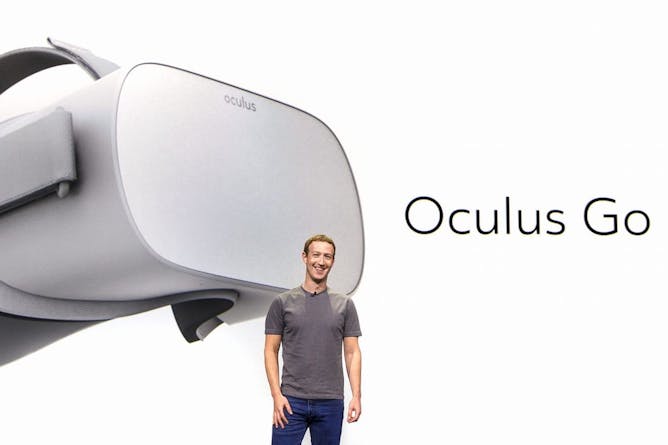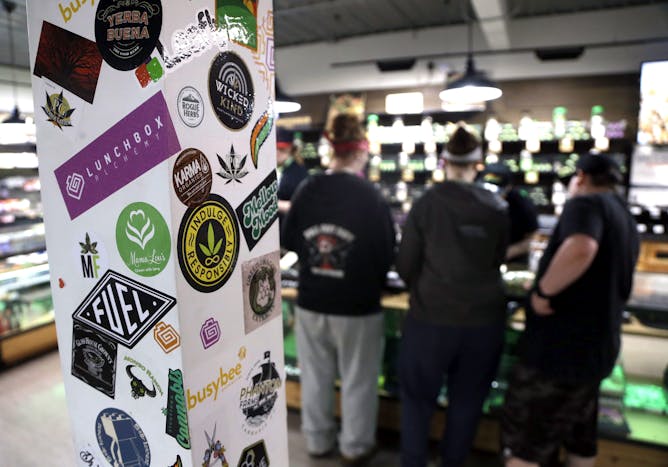|
Genome sequencing is a revolutionary technology that is changing the way diseases are being diagnosed. But in a startling article today in The Conversation Canada, Michael Mackley of Dalhousie University reveals genomics are benefitting some people more than others. “The lack of diversity in existing genomic data limits the ability of ethnic minorities — including Indigenous Canadians — to benefit from these advances in health care,” he explains. Genomic data bases “mostly contain data from individuals of European descent. As a result, the data doesn’t actually reflect the wider population, but the wider white population.”
Lynda Colgan, a professor of elementary mathematics at Queen’s University, points out children spend very little time in school (only 14 per cent of their waking time). That means parents are their children’s “first and most important teachers.” Prof. Colgan urges parents to get their kids interested in the STEM subjects (science, technology, engineering and mathematics) and provides two fun experiments (both involving balloons!) that can be conducted at home.
Last month, Facebook CEO Mark Zuckerberg revealed the Oculus Go, a new virtually reality headset. It’s one of many new VR devices on the market. Matthew Flisfeder of the University of Winnipeg offers an interesting history of virtual reality over the years (it goes back to the 1800s) and looks at the growing impact alternative realities are having on a society that is already grappling with alternative facts.
And finally…what’s your favourite brand of weed? It’s a marketing question that’s becoming more important as Canada gets ready to legalize marijuana. Michael J. Armstrong of Brock University argues that the laws governing the sale of cannabis should allow companies to properly brand their products. “This will help consumers find the most appropriate products,” says Prof. Armstrong. “It will also encourage producers to improve quality.”
Regards,
|

African Americans are being misdiagnosed with the heart condition (hypertrophic cardiomyopathy) that caused the sudden death of basketball player Hank Gathers (pictured left with teammate Bo Kimble) in 1990. Lack of ethnic diversity in genomic databases is a big part of the reason for these misdiagnoses.
(AP Photo/Douglas C. Pizac, File)
Michael Mackley, Dalhousie University
Genome sequencing is transforming the way we diagnose disease. But lack of diversity in genomic data means only some Canadians will benefit from this revolutionary technology.
|

Research shows that when parents engage in simple science projects with their kids at home, it boosts their learning in school.
(Shutterstock)
Lynda Colgan, Queen's University, Ontario
From collecting bugs to using math apps, there are many ways parents can engage in STEM activities with their kids to support their learning.
|

Facebook founder and CEO Mark Zuckerberg announces the launch of Oculus Go virtual reality headset in October.
(Handout)
Matthew Flisfeder, University of Winnipeg
Will the arrival and popularity of Oculus Go and other VR systems make us think differently about alternative realities and so-called alternative facts?
|

Marijuana brand name stickers are visible as customers line up at the counter in CannaDaddy’s Wellness Center marijuana dispensary in Oregon in April.
(AP Photo/Don Ryan)
Michael J. Armstrong, Brock University
There's a strong case for governments to allow cannabis producers to brand their products via packaging and advertising like any other product. It could boost quality and consumer satisfaction.
|
Culture + Society
|
-
Robert Kozinets, University of Southern California
The way people use social media – and the algorithms inside those systems – increases passions, and drives people to polarizing extremes.
|
|
Politics
|
-
Jessica Trisko Darden, American University School of International Service
When Obama was president, Philippine President Rodrigo Duterte threatened to break up with America. Is it time to make up?
|
|
Science + Technology
|
-
Calestous Juma, Harvard University
In a remarkable extension of technological leapfrogging, Somaliland will become the first country in the world to use iris recognition in a presidential election.
|
|